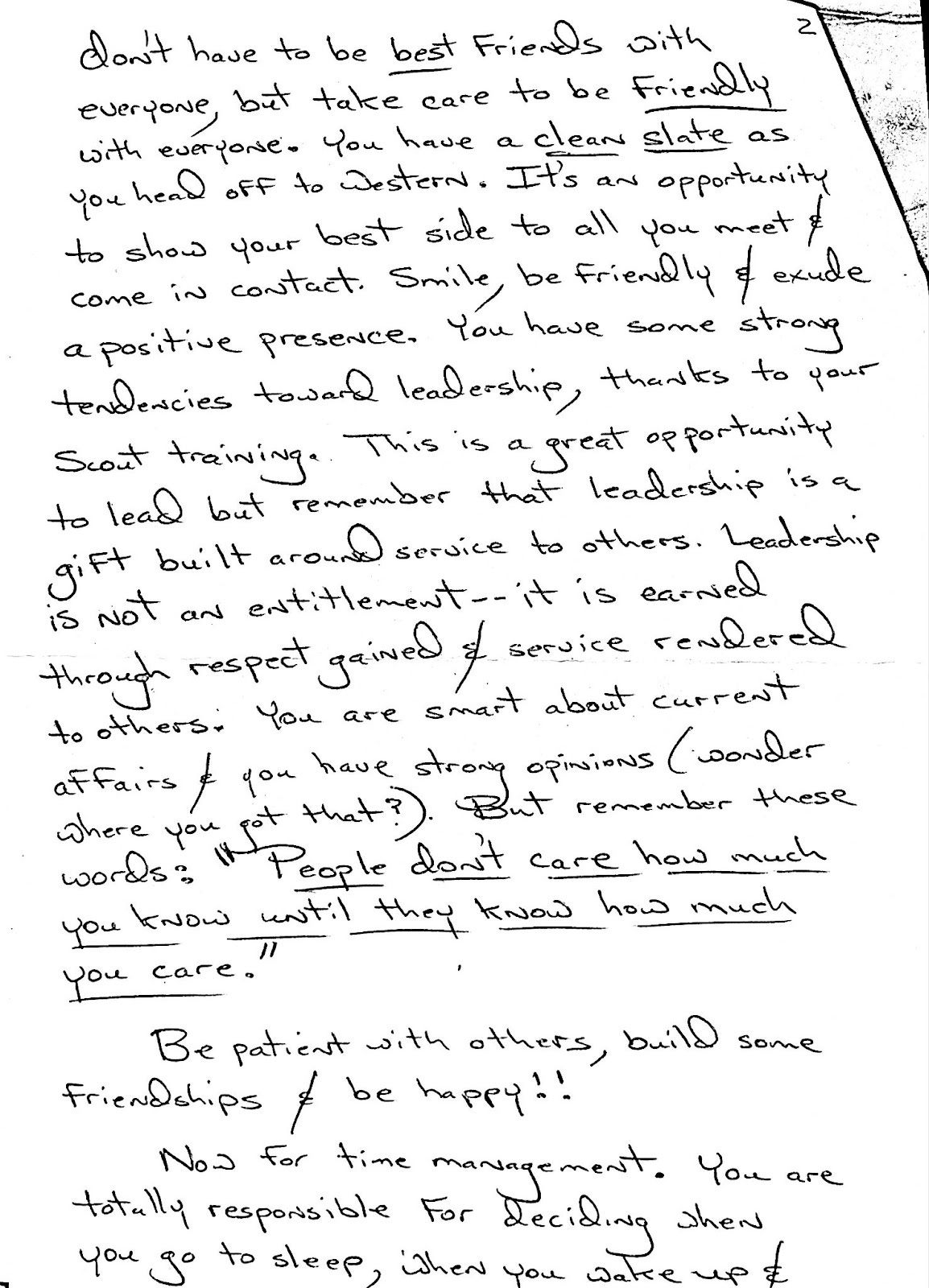Grief moves in unpredictable ways. What can we do in this life to prepare for it and help our loved ones navigate deep loss when the time inevitably comes?
The best way I’ve heard the loss of a loved one described is as driving a vehicle on an open sunny road, and then the ground suddenly gives way to a sinkhole which consumes the car and plummets the driver into darkness, dust, and confusion. I come to you today from the ruins of that car, covered in dust and broken glass.
My Dad, Tim Kent, died suddenly two months ago at the age of 69. He was a healthy man, just about ready to retire and enjoy a decade of time with grandkids and golfing buddies. Then he got ill. Dad died as a result of sepsis after a routine dental surgery resulted in a bacterial infection in his gut. It was senseless and avoidable.
Even as I write this out, in the depths of the sinkhole, I’m confused by the words.
Perhaps you know the feeling I’m describing. And if you do, you might also know the incredible weight of sitting with that person’s belongings and artifacts after they’ve died. In the case of my Dad, who was at one point a broadcast journalist before transitioning into a lobbying career, I am surrounded by his words… written words.
My Dad kept journals and he also was a man of letters. They were sporadic and not his normal mode of communication, but they were a feature of being in a relationship with my Dad. Naturally, this is something I didn’t fully appreciate or even notice until reconciling with his death.
Dad’s brief voicemails that I still have on my phone are all routine check-ins and requests for me to call him back “at my earliest convenience,” but Dad’s letters are where his voice truly rests for eternity.
A snippet of my Dad's letter to me in July 2008, when I left home for Western Carolina University.
Clearing My Confusion
In a box below my desk, it occurred to me that I had saved a bunch of paper notes from college, and within them I found one year’s worth of letters from my Dad, sent the year I went away to college.
With clean lettering and intentional prose, a Dad can speak on another plane to their child across time and space. His thought process moves fluidly like an ink pen and every letter expresses a deeper intention than the clack of a keyboard tile.
When I received these letters in 2008, I almost certainly didn’t pay them any mind. I haven’t thought about them until this moment. What’s most remarkable to me in unearthing them is how they speak to me about the life I have today in 2025.
Dad wanted me to get exercise and manage my time well at college. He wanted me to lead others by being a servant rather than a domineering personality. His written words are as clear as his voice in a deep dark hole. The voicemails and hundreds of emails I have from him pale in comparison to the power of his written words.
They make me feel less confused.
My daughter is 14 now, and I don’t think I’ve written her a serious letter in her life. When I told her that my Dad had written me several long letters in my life, she quipped, “You better not send me any long emotional emails. I want letters too.”
She’ll have them. That I can promise. What I can’t promise now in the wake of my Dad’s death, to either her or myself, is that I’ll have time to write all that I intend to write. You never know what’s going to happen tomorrow, and life is indeed short.
I’ll have to start today.
Words Run Deep
C.S. Lewis wrote in his book A Grief Observed, about the death of his wife (a strange and complicated relationship but his wife nonetheless), that photos of her felt hollow.
"I need Christ, not something that resembles Him. I want (her) not something that is like her. A really good photograph might be invaluable to me at present. But even a photograph is not quite true to life. The longer one looks at it, the more it becomes a sort of mockery of the real person, a reminder of how impossible it is to capture them fully.”
A part of me strongly agrees. And for Lewis to say this in the 1950s, when photos were less ubiquitous as in the world of today, really says something. I am surrounded by Dad’s photos, but what I want are his words.
I am so grateful he gave them to me.
To anyone reading this, my call to you is simple: Write letters to the ones you love, and if you receive letters, store them away safely. There is no price you’ll place on them once that beloved person is gone, and they will help answer questions about who that departed person was when your memory fades.
And memories do fade. Narratives about people we miss emerge in the place of solid memories about them. It’s natural and a part of being a human being. We can’t hold onto everything.
Let paper and pen do that, both for yourself and for your children. Write more letters.
Stephen Kent is the author of How The Force Can Fix The World: Lessons on Life, Liberty and Happiness from a Galaxy Far, Far Away and writes for the Geeky Stoics newsletter about pop culture and philosophy. He also is a podcast host and frequent contributor for cable and local news, talk radio, conference panels, and more.







I simply cannot imagine your grief, Stephen. I'm an occasional reader of yours, but this one really landed. Thank you for sharing.
Good thoughts, Stephen. Sorry you're going through it right now. Nothing sharpens the mind like the prospect of being executed at dawn, or the sudden loss of someone who has always been there for us since before we could remember.